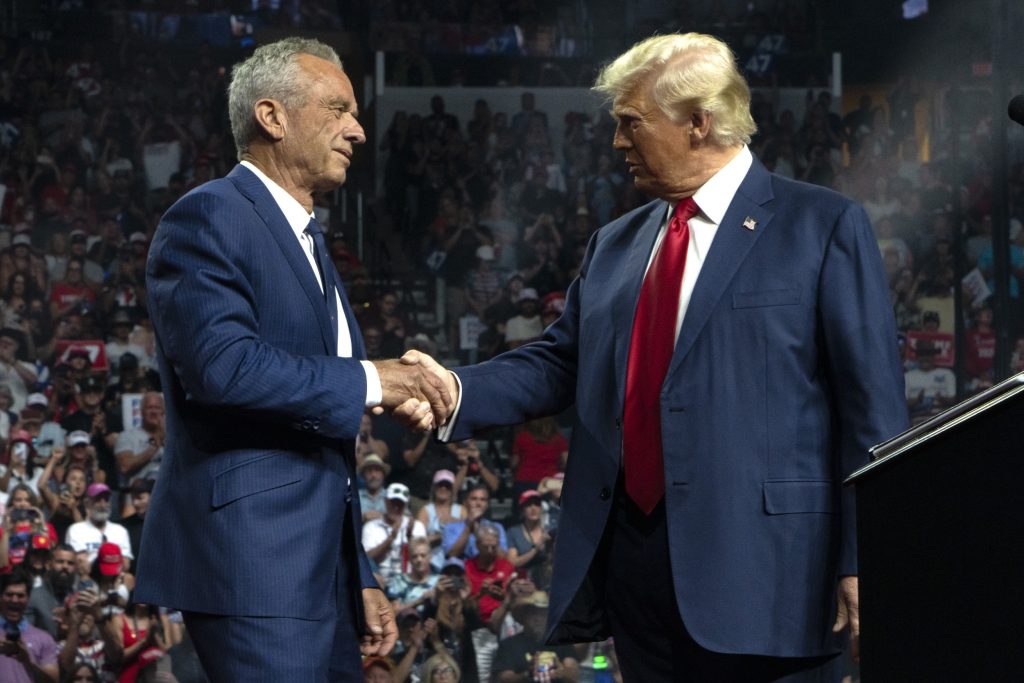The North Carolina court has ruled that Robert Kennedy Jr.’s name should be removed from the presidential ballot. This ruling is seen as a boost for Donald Trump in a key swing state. The court expressed concerns that Kennedy’s supporters might vote for him without knowing he had dropped out of the race on August 23. Kennedy urged his supporters to vote for Trump after exiting the race. Supreme Court Justice Trey Allen noted that leaving Kennedy’s name on the ballot could disenfranchise voters who mistakenly believe he is still a candidate for office.
The court found that the lower court did not consider the potential harm of leaving Kennedy’s name on the ballot. It highlighted the state’s responsibility to print new ballots despite being aware of Kennedy’s intention to withdraw his name for nearly a week. Justice Allen emphasized that any additional resources needed to change the ballot were largely due to the state’s actions. He called for previously printed ballots with Kennedy’s name to be destroyed to maintain public confidence in the upcoming election.
In a dissenting opinion, Justice Anita Earls acknowledged the challenges of printing new ballots in large quantities so close to the election. North Carolina has over 2,300 different ballot styles for the election, reflecting various contests and referendums in the state. Over 2.9 million general election ballots have already been printed, adding to the complexity of the situation. The ruling to remove Kennedy’s name from the ballot comes at a crucial time, with Trump holding a slim lead over Kamala Harris in North Carolina according to polling averages.
Robert Kennedy Jr. has also sought to remove his name from the ballots in other battleground states where it could influence the election. The court’s decision in North Carolina came on the same day as the Michigan Supreme Court ruling to keep Kennedy’s name on the ballot. Kennedy’s legal efforts are aimed at improving Trump’s chances of victory by removing his name from ballots where it could split votes. He has initiated a lawsuit to have his name removed from the Wisconsin ballot as well. The presence of minor candidates like Kennedy in the race highlights their significance in determining the outcome of the presidential election.
The court’s 4-3 decision to remove Kennedy’s name from the ballot underscores the impact of minor candidates in a closely contested election. The ruling is expected to benefit Donald Trump in North Carolina, a crucial swing state in the presidential race. By urging his supporters to vote for Trump after dropping out of the race, Kennedy inadvertently posed a risk of disenfranchising voters who may have supported him unknowingly. The court’s decision to remove his name and destroy previously printed ballots aims to maintain public confidence in the integrity of the upcoming election. The legal battle over Kennedy’s presence on the ballot highlights the complexities and challenges of administering a fair and accurate electoral process in a closely watched election.












